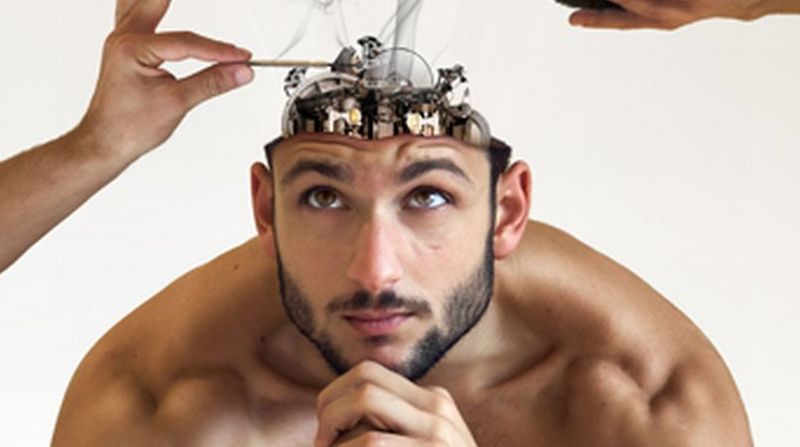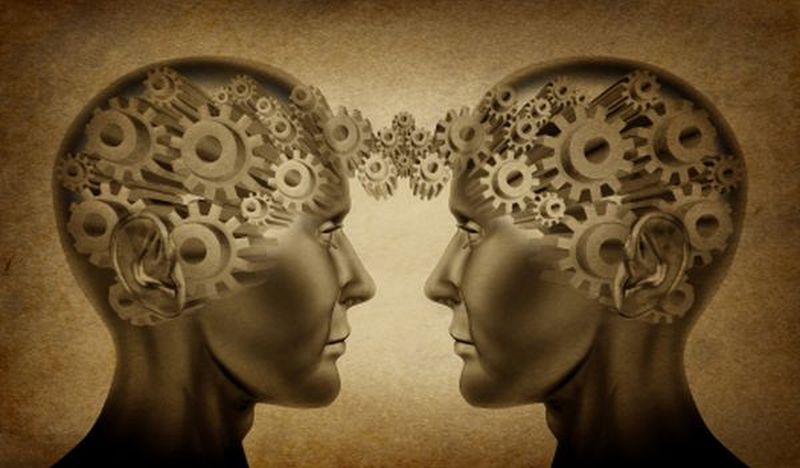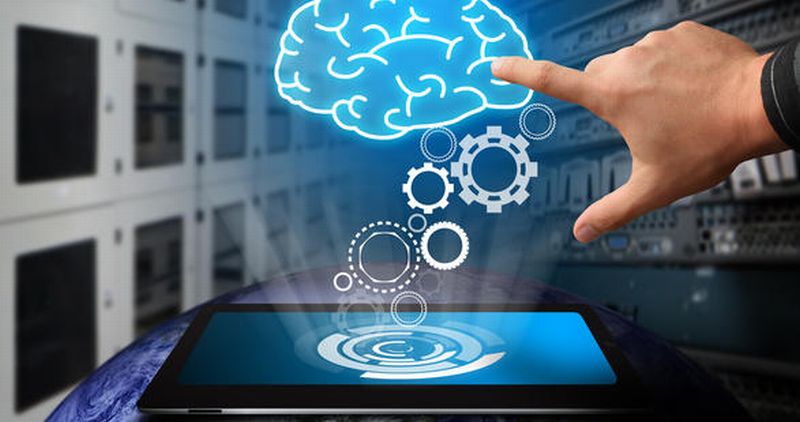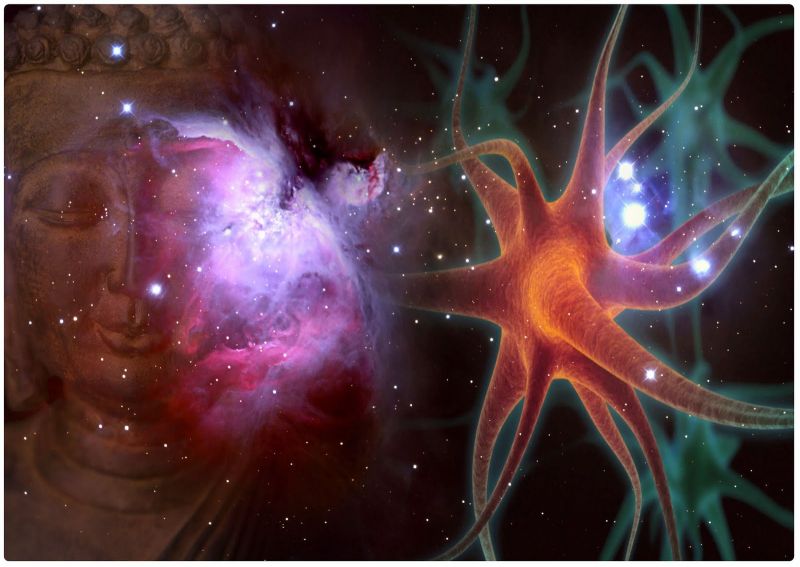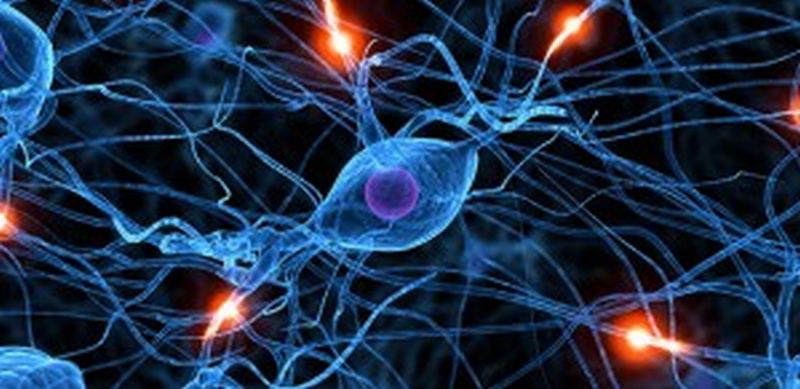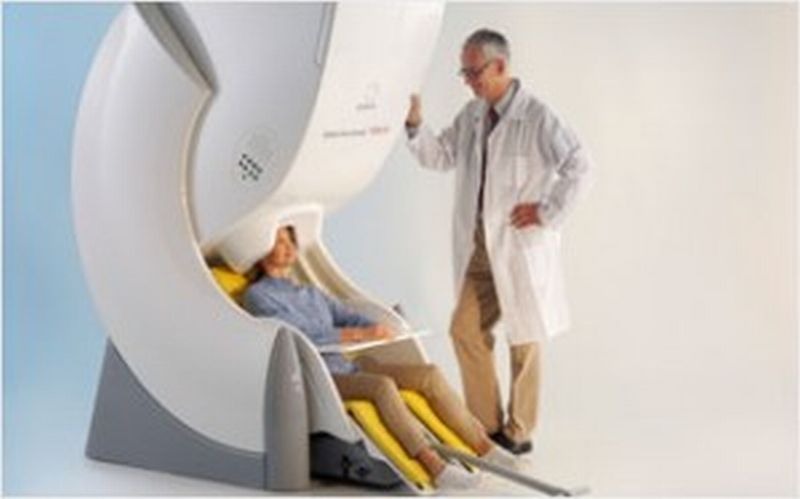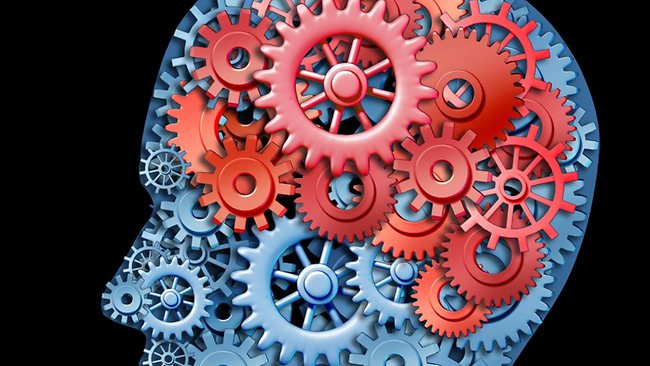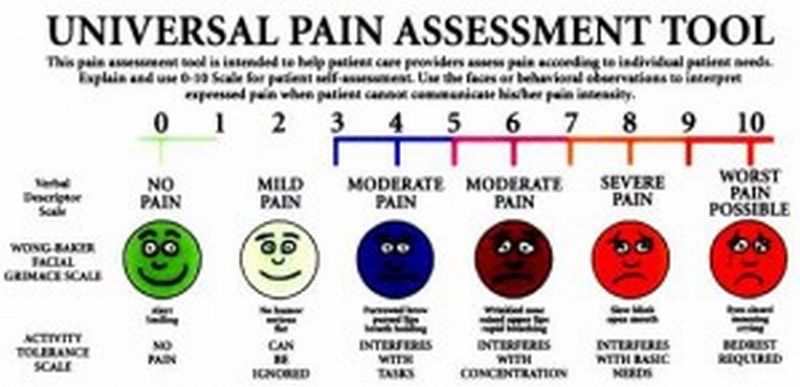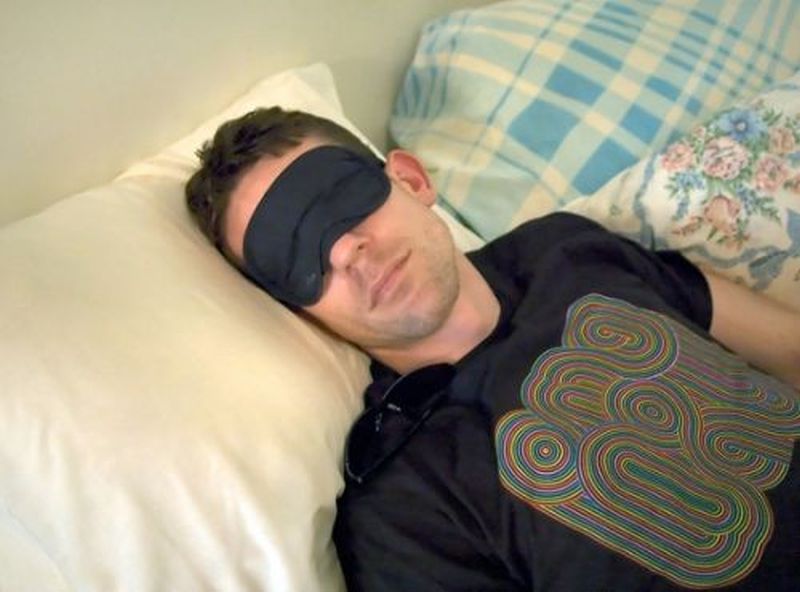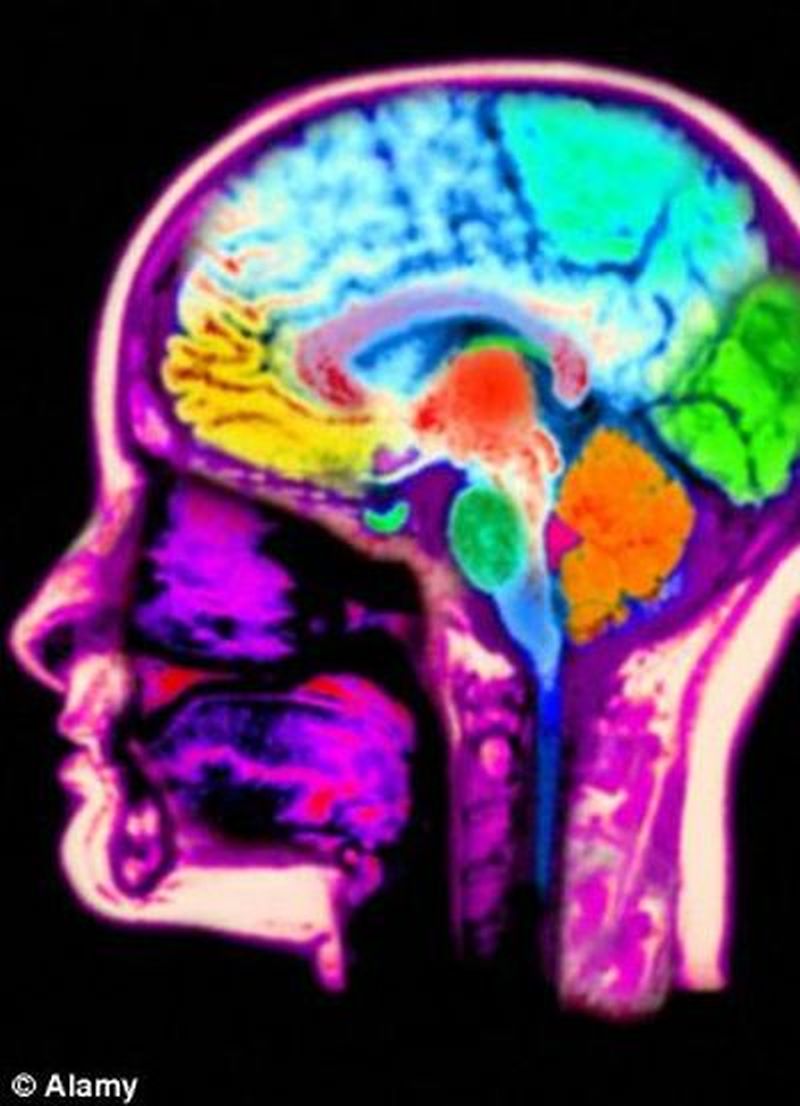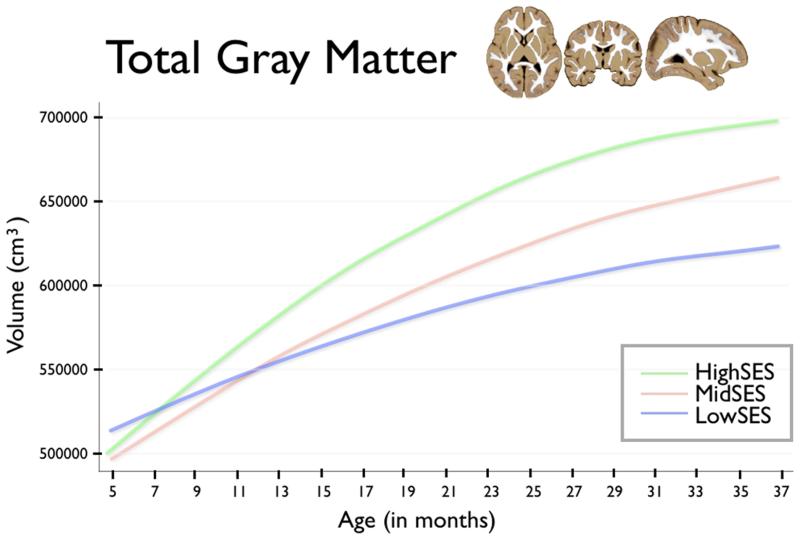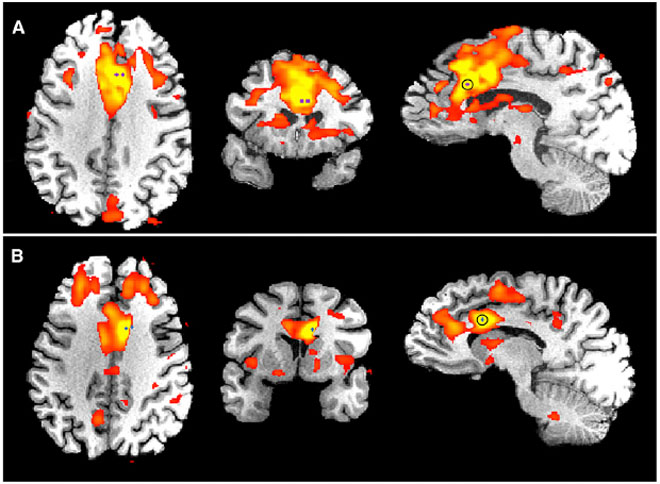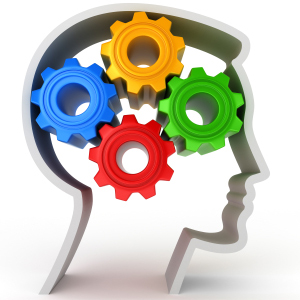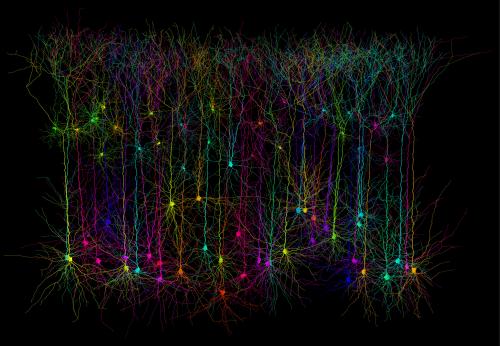Neuroscientists at the University of Pennsylvania have put forth a research as per which excitation of a set of dopamine-sodden neurons within the brain has substantial chances of altering the learning process. These neurons are present in substantia nigra, the grey matter in the midbrain. Stimulating this patch of the brain has resulted in altered learning by swaying people to reiterate physical actions leading to positive reinforcement producing immediate reward. For the experiment, eleven individuals who were going through deep brain stimulation (DBS) treatment for Parkinson’s disease were taken into…
Read MoreTag: neuroscience
Predictive Power of Brain: Similar Activity Patterns are Exhibited amid Speakers and Listeners
At times, won’t we experience that while conversing with someone, the other person just say what were thinking or were about to spill out the same topic. And then we mutter, “what a coincidence” or as I say, “great minds thing alike” 🙂 well, this actually is not the case, neuroscientists have discovered new findings about the role of the brain during a communication. They say that people often predict what the speaker is about to say, because the brain activity of the listener is similar to the speaker.
Read MoreHuman Brain Simulated on Circuit Board: Mimicking Neurons and Synapses
Inspired by human brain, bioengineers at Stanford University have fabricated microchips that are relatively faster and energy-efficient where power consumption of PC is about 40k times more. Researchers envision that this would lead a novel way of understanding human brain as well as might take robotics especially prosthetics to the next level. Matching the Brain For an efficient mimicking of neurons and synapses, the team designed 16 Neurocore chips. Jointly these 16 chips were able to simulate about 1m neurons and billions of synaptic connections.
Read MoreLaughter Sets Off Waves Akin to Meditation: The Brain’s Workout
“Laughter is the best medicine” is a very well known saying and is now scientifically proven by researchers. According to a study, researchers have found that laughter in humans can set off brain waves, which are very similar to those related to meditation. The study also reveals that other kinds of incitement can generate various diverse types of brain waves.
Read MoreSelfies Linked to Mental Disorders
We all have this annoying high school facebook friend who posts selfies more regularly than we tend to check our facebook accounts. Well, this old friend is no longer labeled as just annoying, as scientists are exploring tagging this behavior as a mental disorder. Scientists interested in this subject are describing this common obsession with selfies as a compulsive behavior that could be linked to narcissism, addiction and mental illness.Narcissists chase satisfaction from vanity, or others’ recognition of their looks or mental characteristics (Wikipedia)- this definition seems to somewhat fit…
Read MoreLearning Changes Brain Cell Connectivity
A new discovery has been achieved in the world of neurology. Scientists have made progress in better understanding what happens inside our brains when we learn or remember information. According to the University of British Columbia research team, molecular changes are observed in the brain when one learns or remembers. Such changes occur in the brain’s chemistry as fatty acids attach to delta-catenin (a protein important for normal cognitive development- Wikipedia) upon learning new things, which ultimately alters brain cell connectivity coupled with learning and memory. The study was conducted…
Read MoreNeurofeedback And Brain Power
The advanced brain imaging technology magnetoencephalography (MEG) could be the next big thing in the world of neurology and rehabilitation. “MEG is a new technology that measures the very faint magnetic fields that emanate from the head as a result of brain activity”- PBS.org . MEG measures and captures magnetic fields generated by nerve cell circuits in the brain at a matchless time resolution. This gives us the ability to observe brain activity as it happens, according to Dr. Sylvain Baillet, acting Director of the Brain Imaging Centre at The…
Read MoreCognitive Abilities in The Ageing Brain
“Imagine someone who knows two people’s birthdays and can recall them almost perfectly. Would you really want to say that person has a better memory than a person who knows the birthdays of 2000 people, but can ‘only’ match the right person to the right birthday nine times out of ten?” This question was part of Dr. Michael Ramscar’s argument to explain his new study which refutes a previously accepted idea regarding the young and the old brains. While it was widely accepted that older brains decline in cognitive function…
Read MorePain Sensitivity and the Brain
The grey matter of the brain is a major component of the central nervous system which includes regions of the brain involved in muscle control, sensory perception such as seeing and hearing, memory, emotions, speech, decision making, and self-control- Wikipedia. While grey matter is known to include “regions of the brain involved in muscle control, sensory perception such as seeing and hearing, memory, emotions, speech, decision making, and self-control”-Wikipedia, it is now thought to be involved in our sense of pain. A recent study conducted by scientists at Wake Forest…
Read MoreSleeping Can Prevent Brain Tissue Damages
In one of the article we have discussed how during sleep human brain cleans itself from toxins which if not removed can cause certain brain disorders. In a recent study, researchers have found that a healthy person deprived of sleep for just one night shows increase in molecules like NSE and S-100B in the blood concentration. These molecules are exclusively found in the brain and an increase accumulation of these in blood indicates that insufficient sleep results in brain tissue damage.
Read MoreVideo Games Helps In Boosting Grey Matter Of The Brain
There is good news for all the folks who are addicted to video games and find it difficult to leave it. Researchers in a recent study found that playing video games could actually help in boosting the performance of the brain. They found that the person playing video games on an average of 30 minutes daily for 2 months have shown an increase in the grey matter of the brain areas involved in controlling the spatial consciousness, memory, and critical thinking.
Read MoreLink Between Brain Development And Poverty Found
(SES) refers to socio-economic status households. It is known amongst education and health professionals in the field of child development that early years’ experiences have a huge effect on children’s ability to acquire developmental milestones. Such experiences are greatly associated with family lifestyle and conditions. A new study found a connection between the child’s brain development and family income. The study was conducted by researchers from the University of Wisconsin–Madison, who proved that families living with incomes under 200 percent of the federal poverty line have less gray matter in their…
Read MoreElectrical Stimulation Provokes The Will to Persevere
I am sure that we have all heard stories of people who lead a fight with death, and won the fight against all odds. Such stories are no longer told for mere inspiration to hold on to life and declare war on hardships. It is now in fact being studied from a scientific point of view. A group of scientists believe that they may have discovered the brain part responsible for the “will to persevere”. The anterior midcingulate cortex has always been believed to play a role in emotions, pain…
Read MoreSynaesthesia is More Common in People with Autism
A new study suggests that people with autism are more likely to have synaesthesia. As explained in my previous article, Synesthesia is a neurologically based phenomenon in which stimulation of one sensory or cognitive pathway leads to automatic, involuntary experiences in a second sensory or cognitive pathway- News-medical.net The study was carried out by a team of scientists led by Professor Simon Baron-Cohen at the Autism Research Centre at Cambridge University. The research team started their work from the assumption that both people with Synaesthesia and those with autism have atypical…
Read MoreDendrites Effectively Act As Mini Neural Computers
Researchers have lately discovered an additional role of dendrites the branching extensions of neurons. Before the study, dendrites were considered as the receptive parts of a neuron, meaning, responsible for transmitting information from sense organs and carrying impulses to different muscles in the body. It is because of this tendency, they are also termed as electrical transmitters of the body. However, the recent research postulates dendrites additional ability to process information, hence increasing the brain’s computing power. This insinuates brain has a huge processing power relatively. Period. Dendrite’s Study The…
Read More
